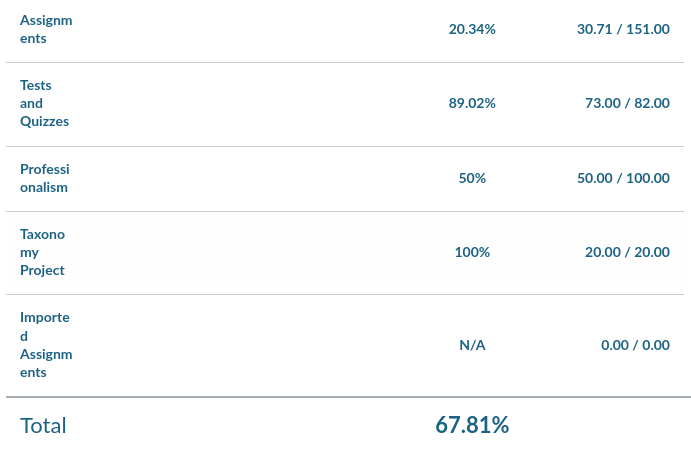
Arantza Villarroel | Writer
March 1, 2023
This article was due two days ago, but I procrastinated for days instead of working on it. Now it is late!
Procrastination deeply affects the life of most students on campus, without knowing how to fix it. Some may not even know what it is. Therefore, I am dedicating this article to the topic, and adding some real life examples, abundant in the youth of our own community.
Procrastination comes from the preference of short-term enjoyment, rather than the seek of long-term benefits, as described by The Association for Psychological Science (APS). Students prefer to pursue their pleasure rather than their responsibilities, ultimately delaying them. The cycle keeps repeating, until levels of stress and illness rapidly rises. Deadline start to catch up on students, and their grades start to drop. After facing serious consequences, they are forced to take action. At the end, their decisions deeply affect their mental and emotional health.
Junior Melanie Lopez stated, “My grades were not only affected because my assignments were turned in late, but also because of the poor quality. I had to push myself to finish every assignment before it was too late to turn in, turning a simple task into such a stressful moment.”
Just as Lopez, there are thousand of other students at our school that suffer on a daily basis due to procrastination. From there, the repetitive question of “what causes the procrastination to happen?” appears.

Recent studies have came to the open conclusion that the problem is based on complications on self-regulation, time management, but also, and most importantly, the inability to manage emotions.
Feelings of guilt, shame, or anxiety are main reasons for the procrastinators to constantly delay their tasks. They increase their levels of stress due to being constantly late to due dates, and the feeling of falling behind. “Procrastination has become a toxic cycle that has deteriorated my mental health on the long-run” exclaimed junior Maglory Barragan.
The Mass General Brigham McLean Hospital published a list of reasons on causes for procrastination. There are five possible options on what is producing the necessity of delaying responsibilities. It is important to take into consideration the reasons work as “umbrella terms”, which hold different subtopics, or categories inside a main idea. Still, here is the list:
- Boredom: procrastinators usually put off their tasks because it is, simply, boring. It will not bring them any instant gratification, so they decide to ignore it until the last second. To be completely honest, no one wants to participate in activities they consider unpleasant.
- Lack of Self-Esteem: Sadly, some people have the constant feeling they lack the required abilities to complete certain tasks, therefore, they ignore it for as long as they can. The fear of proving to themselves they are not able of doing something right seems worse on their mind than just doing it.
- Perfectionism: If they consider that the activity they are about to do will not come out as a “10/10”, then they will not do it at all. The persistent thought that inspiration will eventually come forces them to wait off for it, but sometimes, it just never does.
- Anxiety: fear in general forces a lot of people to hide behind never doing something, no matter how much they actually want to. The stress produced quickly becomes too much to handle, and some people even give up all together before even attempting to start.
- Distraction: something around the person that does not let them concentrate. It could be anything, from joyful, to beneficial, to neither. The person’s phone could be the main source of distraction, or the book they are currently reading and they had to stop on the most exciting part. Sometimes being on their bed looking up at the ceiling seems way better than doing their homework. It depends on the responsibility to be accomplished, and the person.
Yet, the main question remains on everyone’s mind, “Is there any solution?” The quick answer is yes, but no. Even though there is not an actual solution to avoid procrastination, some people seem to outgrow it as they get older. They have had more time to find out what works for them, they have developed better study habits, or they have understood on a deeper level how to work around time.
Sadly, for teenagers I can only give out tips we can choose to follow. Organize your time, set apps on your phone that will limit screen time, do homework with your friends and hold each other accountable on actually working, and ultimately, practice daily discipline.
Lastly, remember than something is better than nothing, so just turn that assignment in, and hope for the best!

Leave a Reply